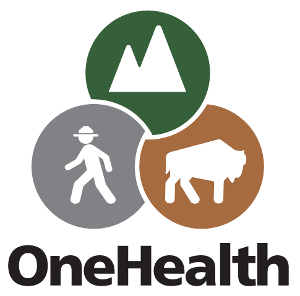The Zika virus is a viral disease transmitted to people by infected mosquitoes (Aedes species, a non-native species introduced by humans). This information is compiled to help you prepare for your visit to national parks in at-risk areas, including the US Virgin Islands and Puerto Rico, as well as potentially at-risk areas (in Florida and the Pacific Islands, along the US-Mexico border, and in other areas where Aedies species mosquitoes have been introduced).
Zika Virus and the National Parks
Zika, a mosquito-borne virus, is a non-native disease spreading in multiple countries and territories in the Western Hemisphere. This virus has been linked with severe birth defects and other complications. The mosquitoes that transmit the virus prefer to feed on humans and breed in containers and other non-natural habitats. Park visitors should be aware of the potential risk for Zika and take steps to protect themselves from mosquito bites.
The following information about the Zika virus is provided by the Centers for Disease Control (CDC). Some information may not be applicable to national parks.
One Health and the Zika Virus

Our health is linked to the health of our natural world. As global travel, human-driven habitat change, and climate change impact local ecosystems, mosquitoes such as those that transmit Zika virus and viruses such as West Nile Virus, avian malaria, dengue, and chikungunya are spreading to new areas and affecting our health and the health of our natural resources. Because many of these diseases are spread by non-native mosquitoes that prefer non-natural habitats, keeping our parks and ecosystems healthy and eliminating non-natural breeding habitat can help keep us and wildlife healthy too. In the context of Zika virus, natural spaces are healthy places. This is One Health in action!
Tags
Last updated: April 29, 2016
